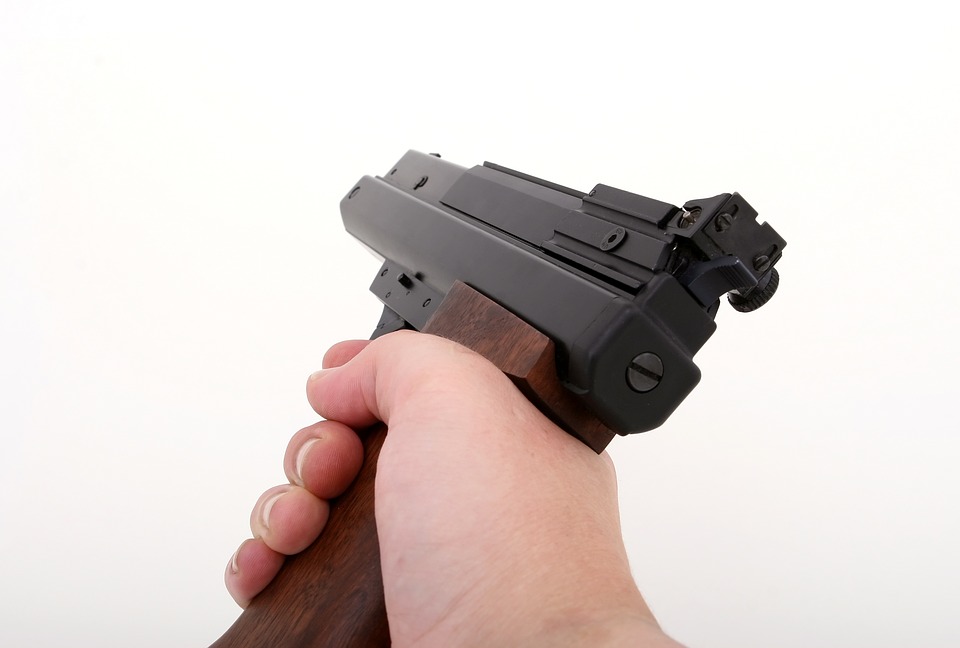
Americans exercise the right to keep and bear arms, as specifically protected by the Second Amendment to the constitution. Except for convicted felons and those legally determined to be mentally ill, every American can posses a firearm, subject to limitations of their State. Some states require people to obtain licenses for gun ownership but many states do not require such formality.
Gun Ownership
By mid 2016, it is estimated that around 36 percent of adult Americans either is a gun owner or is living with a gun owner. Compared with other countries, the figure might seem to be high but that statistic highlights some of the lowest gun ownership rates in the country in many years.
Transfer of Gun Ownership
Access to firearms, as guaranteed by the Constitution, allows people to buy, own, and sell guns. People may also transfer gun ownership, subject to applicable laws.
In most states, private sellers, or an individual without a license to sell or distribute firearms, may sell a gun to another unlicensed individual who lives in the same State as long as there is no reason to believe that the buyer does not possess the legal qualifications to buy and own firearm. However, private sellers are not allowed to directly sell or transfer gun ownership to another individual who resides in another state.
If a private seller wishes to sell or transfer gun ownership to another individual who resides in another state, the following procedures must be followed:
- The gun must be transferred by the private seller or unlicensed individual to a Federal Firearms Licensee in the state of the individual who will receive the gun.
- The Federal Firearms Licensee will lawfully transfer gun ownership from the private seller to the private buyer who is out-of-state.
There are no federal requirements of record keeping when the ownership of a firearm is transferred from one private seller or unlicensed individual to another unlicensed individual or private buyer.
Back to All Posts